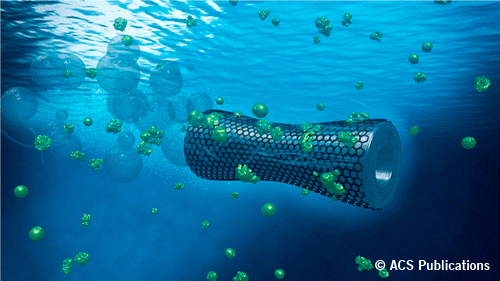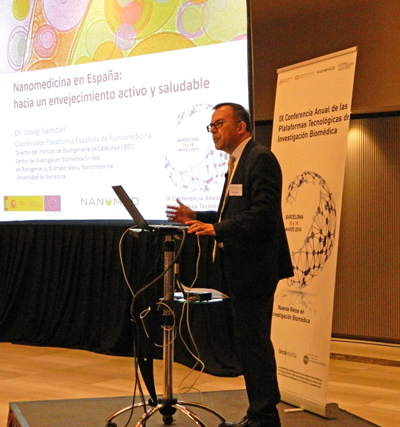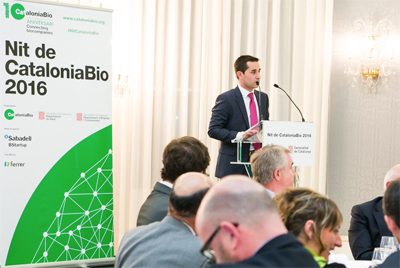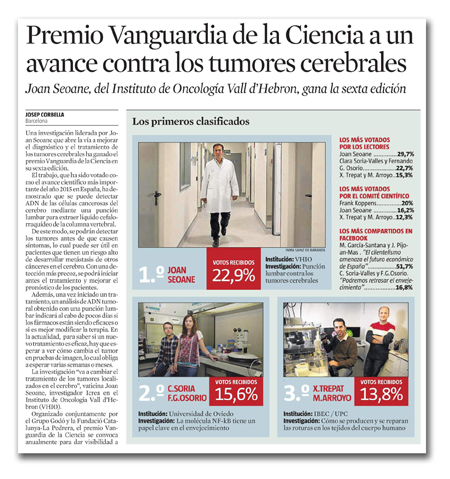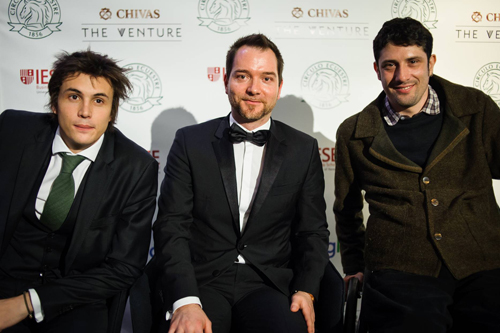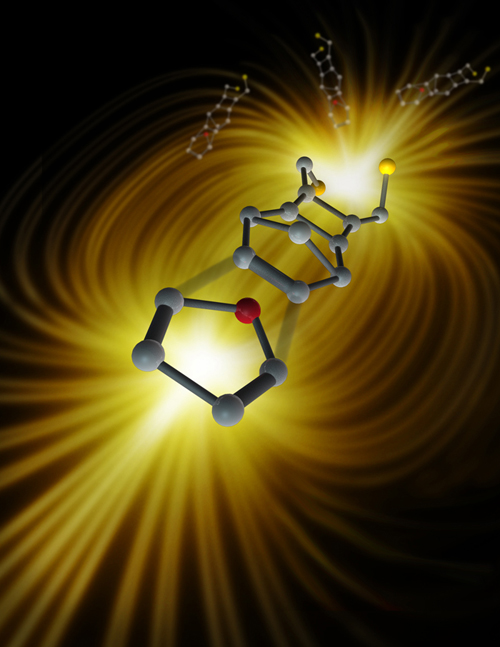 Àngels López
Àngels López
PhD Position in Medical Chemistry (Ref. MC-PG)
 Application Deadline: 31/03/2016
Application Deadline: 31/03/2016
Ref: MC-PG
The Nanoprobes and Nanoswitches group at the Institute for Bioengineering of Catalonia (IBEC) is looking for predoctoral candidate in Medical Chemistry.
”la Caixa” and Cellex foundations to support research into fetal medicine in Catalonia
 IBEC is to be part of a revolution in fetal surgery and the research of prenatal diseases thanks to support by the Obra Social ”la Caixa” and Cellex foundations.
IBEC is to be part of a revolution in fetal surgery and the research of prenatal diseases thanks to support by the Obra Social ”la Caixa” and Cellex foundations.
The two foundations are set to fund two major projects coordinated by the Fetal Medicine Research Centre, Fetal i+D (Hospital Clínic and Hospital Sant Joan de Déu). A fetal surgery part of the project, promoted by the Cellex Foundation, will improve the interventions currently being carried out, as well as developing new surgery to treat problems that currently lack solutions.
Annual meeting of biomedical research technology platforms
 The Spanish Nanomedicine Platform (NanomedSpain), led by IBEC director Josep Samitier, is once again participating in the annual conference of Spain’s Plataformas Tecnológicas de Investigación Biomédica.
The Spanish Nanomedicine Platform (NanomedSpain), led by IBEC director Josep Samitier, is once again participating in the annual conference of Spain’s Plataformas Tecnológicas de Investigación Biomédica.
At the meeting, which is being held at the Hotel Crowne Plaze today and tomorrow, the keynote speaker invited by NanoMed Spain is Sylvia Bove, CEO of EIT Health. In addition, the Platform is organizing a parallel session on innovation in nanomedicine, in which various projects funded by the European programme H2020 will be presented. These success stories will include IBEC’s Elena Martinez’s ERC Consolidator grant to use biomimetic systems to study intestinal epithelium related diseases, as well as the SME Neos Surgery, which has received funding to complete the development of a new device for spine surgery.
A gathering of the industrial biotech sector in Catalonia
 More than 250 companies and public organizations met at Thursday’s Nit de CataloniaBio 2016, the annual forum for the sector, which this year had a special focus on the 10th anniversary of organiser CataloniaBio.
More than 250 companies and public organizations met at Thursday’s Nit de CataloniaBio 2016, the annual forum for the sector, which this year had a special focus on the 10th anniversary of organiser CataloniaBio.
CataloniaBio is an association of companies, but the most relevant public institutions and research centers were invited, and IBEC was represented by director Josep Samitier and Xavier Rúbies and Diana Gonzalez from the Technology Transfer unit.
Also present at the event was the conseller of Health, Antoni Comín, the conseller of Business and Knowledge, Jordi Baiget, CataloniaBio president and Reig Jofre CEO Ignasi Biosca, and CataloniaBio vice-president and Kern Pharma’s Director of Strategy and Development Clara Campàs.
“Trabajar con cápsulas mil veces más pequeñas que el cabello humano”
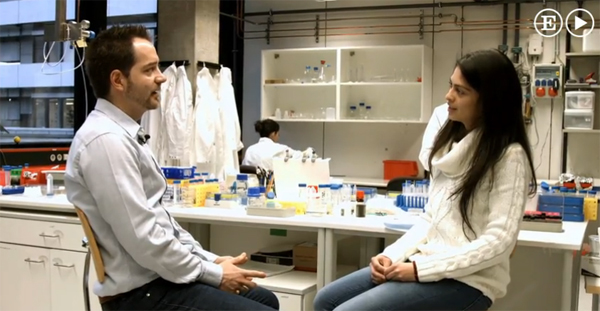 Samuel Sanchez and the part of his lab that resides at the MPI for Intelligent Systems in Stuttgart feature in a chapter of a video series by El Pais, La Carrera Especial. In the video, Andrea Escobar, chemistry student Universidad Complutense de Madrid, sends 48 hours in Samuel’s lab learning about his work on nanorobots.
Samuel Sanchez and the part of his lab that resides at the MPI for Intelligent Systems in Stuttgart feature in a chapter of a video series by El Pais, La Carrera Especial. In the video, Andrea Escobar, chemistry student Universidad Complutense de Madrid, sends 48 hours in Samuel’s lab learning about his work on nanorobots.
Postdoctoral Position in Smart Nano-Bio-Devices (Ref. PD-SS)

Application Deadline: 21/03/2016
Ref: PD-SS
The Smart Nano-Bio-Devices group at the Institute for Bioengineering of Catalonia (IBEC) , led by Dr. Samuel Sánchez, is looking for a Postdoctoral candidate to work in the ERC project: Lab-in-a-tube and nanorobotic biosensors.
Xavier a runner-up in the La Vanguardia Science Award
 IBEC group leader and ICREA research professor Xavier Trepat has come third in the La Vanguardia Science Award.
IBEC group leader and ICREA research professor Xavier Trepat has come third in the La Vanguardia Science Award.
Xavier was nominated, alongside the UPC’s Marino Arroyo, for their groups’ research into what happens at a cellular level when the body’s tissues are broken – work that was published last year in Nature Materials. Xavier and Marino gained 15.3% of the votes in a readers’ poll that was open throughout February to nominate the Spanish scientist or scientists that did the most important research during 2015.
The overall winner of the competition was Joan Seoane at VHIO for his work on lumbar puncture against cerebral tumours. Clara Soria-Valles and Fernando G. Osorio of the University of Oviedo came second for their work on the role of the NF-kB molecule in ageing.
Moving in important circles
 IBEC group leader and ICREA research professor Samuel Sánchez is the winner of this year’s edition of the Círculo Ecuestre’s Premio Joven Relevante.
IBEC group leader and ICREA research professor Samuel Sánchez is the winner of this year’s edition of the Círculo Ecuestre’s Premio Joven Relevante.
Samuel received the honour at a gala dinner last Thursday, where he was voted first of the three finalists by the members of the exclusive society. The prize recognizes and rewards an individual or team of people younger than 38 who has developed a project that brings significant change for the benefit of Catalan and Spanish society.
The Círculo Ecuestre was founded in 1856 by a group of middle-class Catalans united by a common interest – horse riding. It has since been a meeting point in Catalan society, and a place where current and past affairs are debated and culture, business and leisure are brought together. The club currently has 1565 members, of which 400 are under the age of 40, from all walks of life: economics, politics, society and culture.
IBEC and UB scientists solve long-standing enigma in chemistry
 This image shows the first-ever catalysis of a chemical reaction using an electric field, which could revolutionise the way we produce chemicals for applications in daily life.
This image shows the first-ever catalysis of a chemical reaction using an electric field, which could revolutionise the way we produce chemicals for applications in daily life.
Researchers at the Institute for Bioengineering of Catalonia (IBEC), the University of Barcelona (UB) and two universities in Australia have introduced a new way of catalysing (speeding up) chemical reactions by applying an electric field between the reacting molecules. This opens the door for the fabrication of chemical compounds, used in drugs and materials, in a faster and cheaper way.

